BlackBerry 10 OS: Even tech companies gain by sticking to their knitting
Technology firms are usually praised for innovation. But sometimes, it's best to get the basics right.

Inside the enterprise: The last few years have been tough for BlackBerry. The company has seen its share price share fall and its co-CEOs leave, courted controversy through some of its celebrity associations, and even been linked through its BBM messaging system to the 2011 riots in the UK. Its Playbook tablet flopped, as other makers' devices flew off the shelves.
But above all, the device that gave us mobile email (and sore thumbs) has seen its market share fall. Analysts Kantar put BlackBerry's market share at just 5.1 per cent for the three months to February, down from 16.8 per cent a year ago.
The company's third place in the smartphone market owes more to poor sales of rivals notably Windows Phone and Nokia's scaling down of Symbian than any real efforts by BlackBerry itself.
But there are signs that the company, and the OS, is making a recovery of sorts. The new BlackBerry 10 software is long overdue, but has received favourable reviews. The first phone running the OS, the Z10, has also been well received. But the real turnaround may well come from the QWERTY-keyboard touting Q10.
The Z10 is a pleasant enough phone, but could be easily be mistaken for Android or a Windows 8 device. The Q10 is clearly, and distinctly, a BlackBerry, complete with that thumb-stretching keypad. And there is a market for a smartphone with a keypad, and not just among enterprise users.
According to reports, early shipments of the Q10 sold out in the UK, although an undercover investigation by our sister title PC Pro found there was still stock available. Certainly, retailers report plenty of interest in the Q10 from buyers who want a BlackBerry that looks and works like, err, a BlackBerry.
If this signifies that BlackBerry is going back to basics, then this is no bad thing. Being focused, or "sticking to the knitting", as the business guru Tom Peters described it, is often the most successful strategy, even in innovation-hungry sectors such as technology.
Get the ITPro daily newsletter
Sign up today and you will receive a free copy of our Future Focus 2025 report - the leading guidance on AI, cybersecurity and other IT challenges as per 700+ senior executives
For every company that has succeeded in breaking into new markets or developing revolutionary new products, there is at least one that has overreached itself. That was, in part, what went wrong at BlackBerry then RIM when it tried to go after the consumer and youth markets.
The BlackBerry Q5, a lower-cost QWERTY-based phone aimed at emerging markets, and announced this week, suggests management understands this. But the Q5 is not a hugely innovative design. Rather, it has many of the features that appeal to existing BlackBerry users, married with the new operating system.
If BlackBerry can deliver their new phones on time, at the right price, and ensure they are reliable, then the business could turn the corner, and give enterprise smartphone buyers a useful further option. Sticking to the knitting, perhaps with a smattering of innovation, is no bad thing.
Stephen Pritchard is a contributing editor at IT Pro.
-
 The NCSC wants developers to get serious on software security
The NCSC wants developers to get serious on software securityNews The NCSC's new Software Security Code of Practice has been welcomed by cyber professionals as a positive step toward bolstering software supply chain security.
-
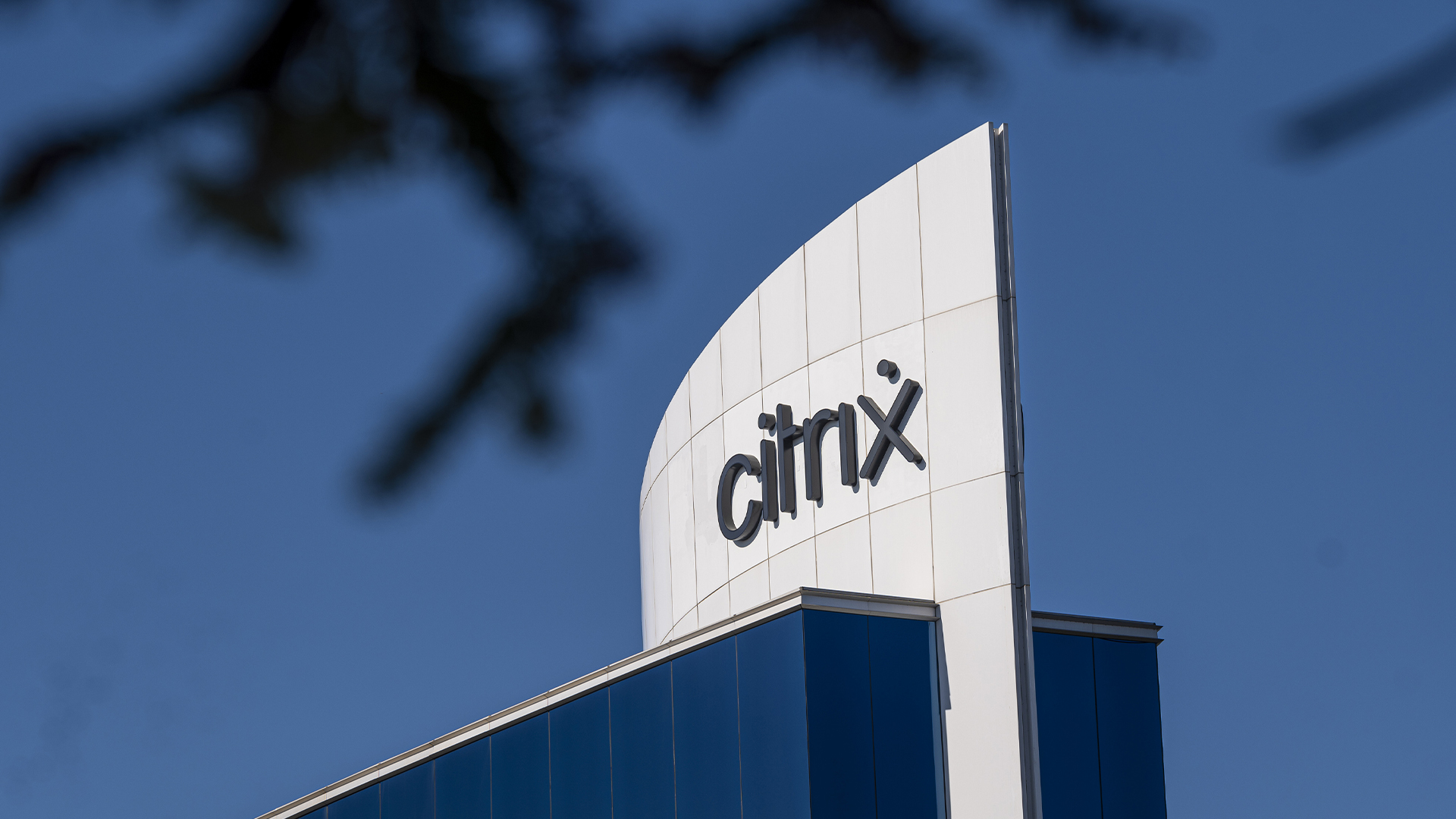 Citrix wants to help enterprises dodge pricey hardware costs
Citrix wants to help enterprises dodge pricey hardware costsNews Tariffs could push up hardware costs in the coming months - Citrix wants to ease the pressure
-
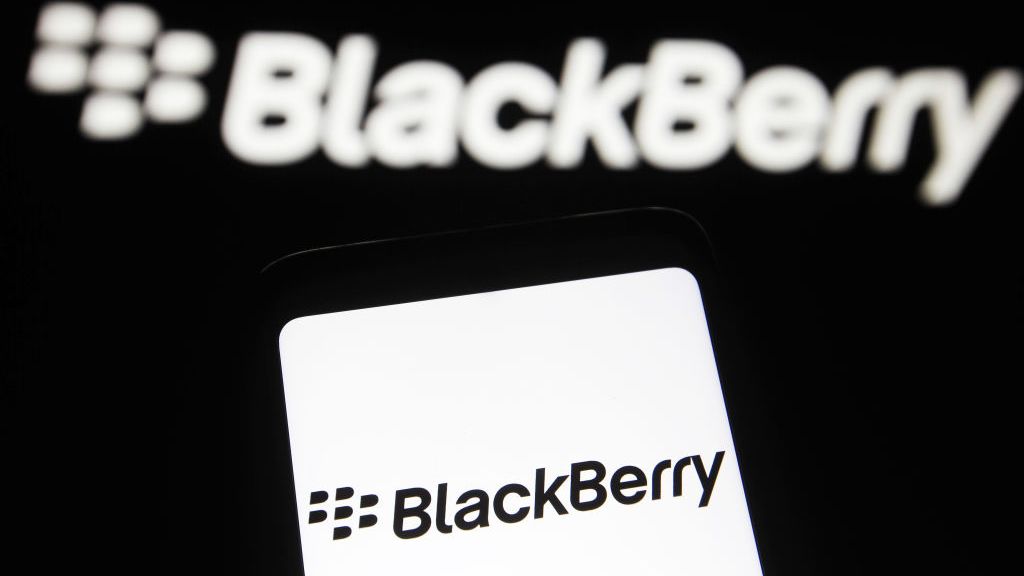 Blackberry revenue falls by 4% as cyber security division takes hit
Blackberry revenue falls by 4% as cyber security division takes hitNews Despite this, the company’s Internet of Things (IoT) division increased its revenue by 28% as it attracted new customers from the automotive sector
-
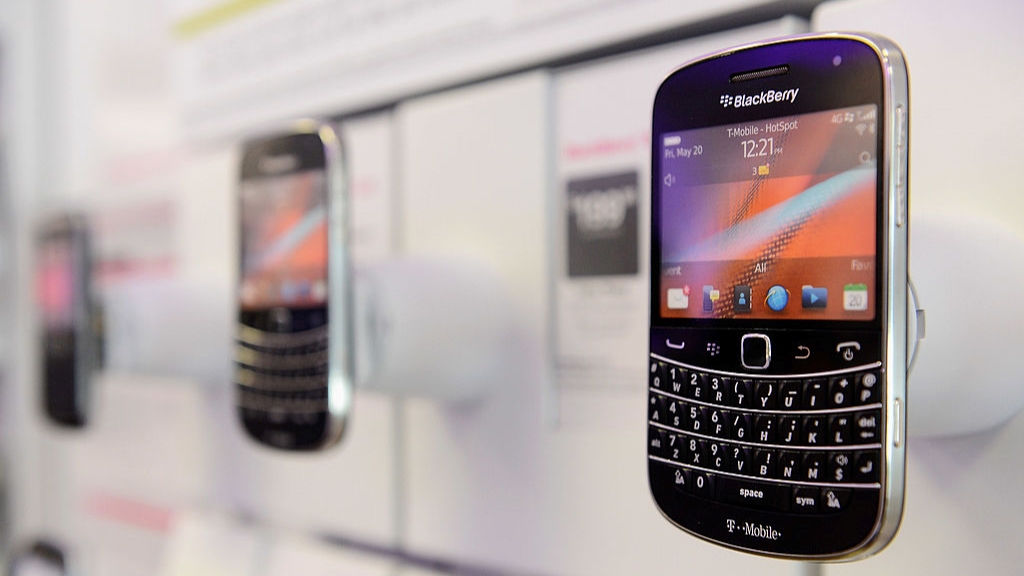 BlackBerry revival is officially dead as OnwardMobility shuts down
BlackBerry revival is officially dead as OnwardMobility shuts downNews The Texas-based startup is mysteriously shutting down and taking its ultra-secure 5G BlackBerry with it
-
 BlackBerry and AWS are developing a standardized vehicle data platform
BlackBerry and AWS are developing a standardized vehicle data platformNews Platform will give automakers a standardized way to process data from vehicle sensors in the cloud
-
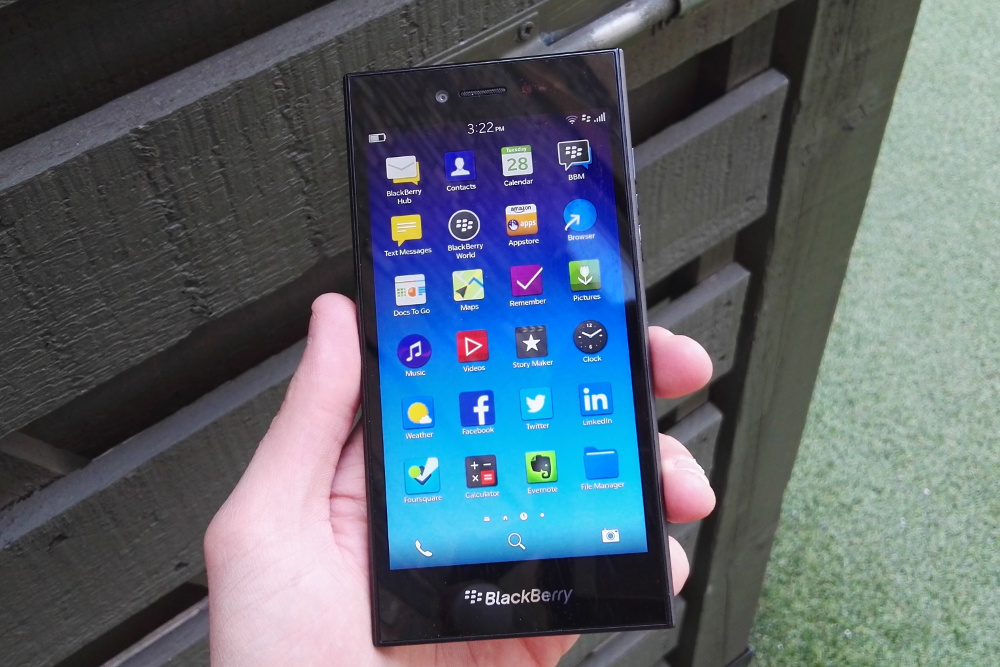 BlackBerry thwarts mobile phishing attacks with new AI tools
BlackBerry thwarts mobile phishing attacks with new AI toolsNews The company's Protect Mobile platform alerts users to potential malware before a link is clicked
-
 BlackBerry Persona Desktop delivers zero-trust security at the endpoint
BlackBerry Persona Desktop delivers zero-trust security at the endpointNews New security solution learns user behavior and can take action if there’s an abnormality
-
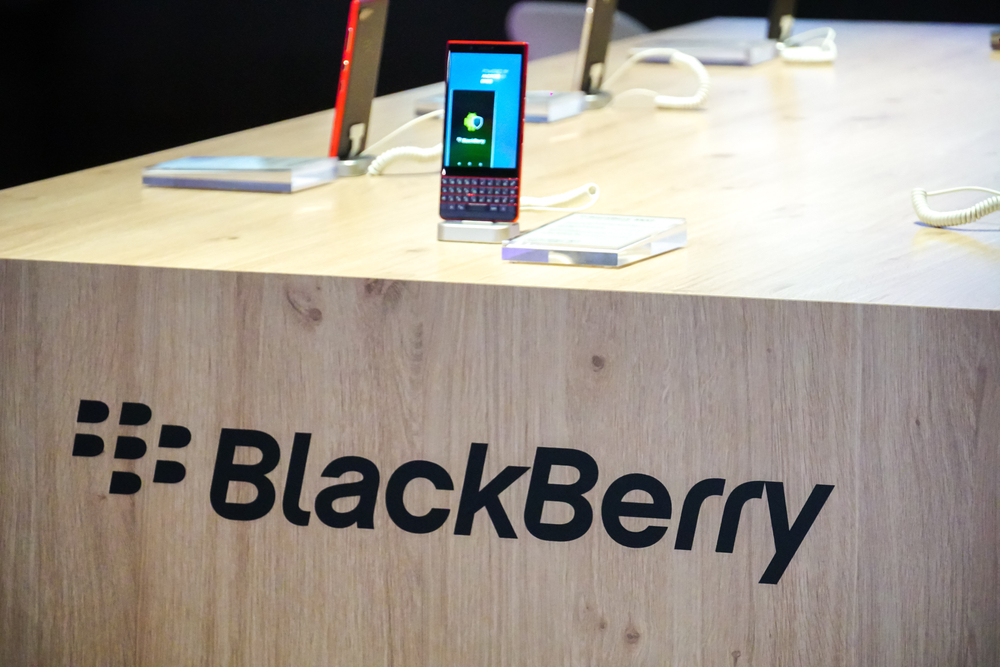 A 5G BlackBerry phone with physical keyboard is coming in 2021
A 5G BlackBerry phone with physical keyboard is coming in 2021News The business phone to be resurrected with OnwardMobility and FIH Mobile planning a security-savvy enterprise handset
-
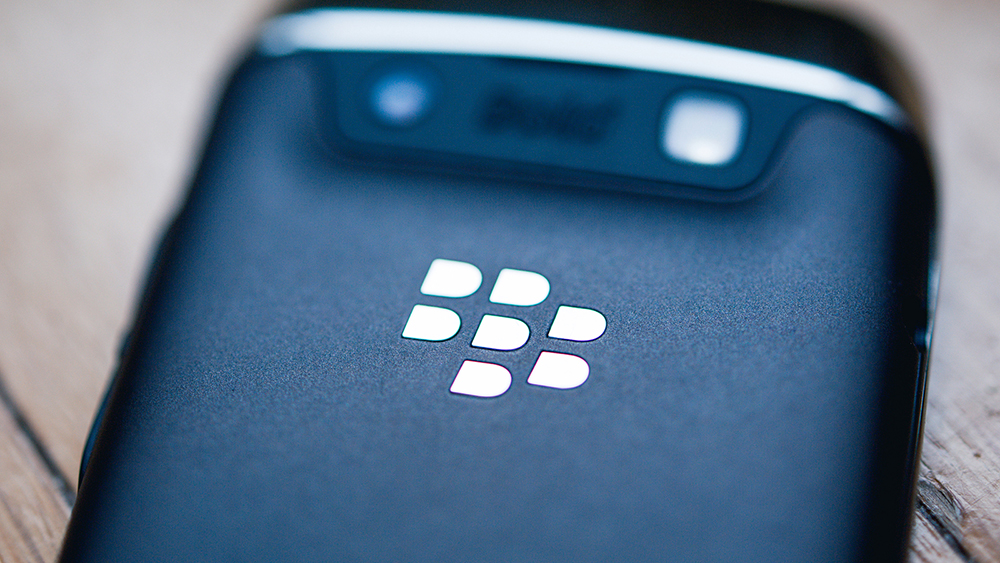 The business smartphone is dead
The business smartphone is deadIn-depth BlackBerry’s demise signals the end of the business-first handset
-
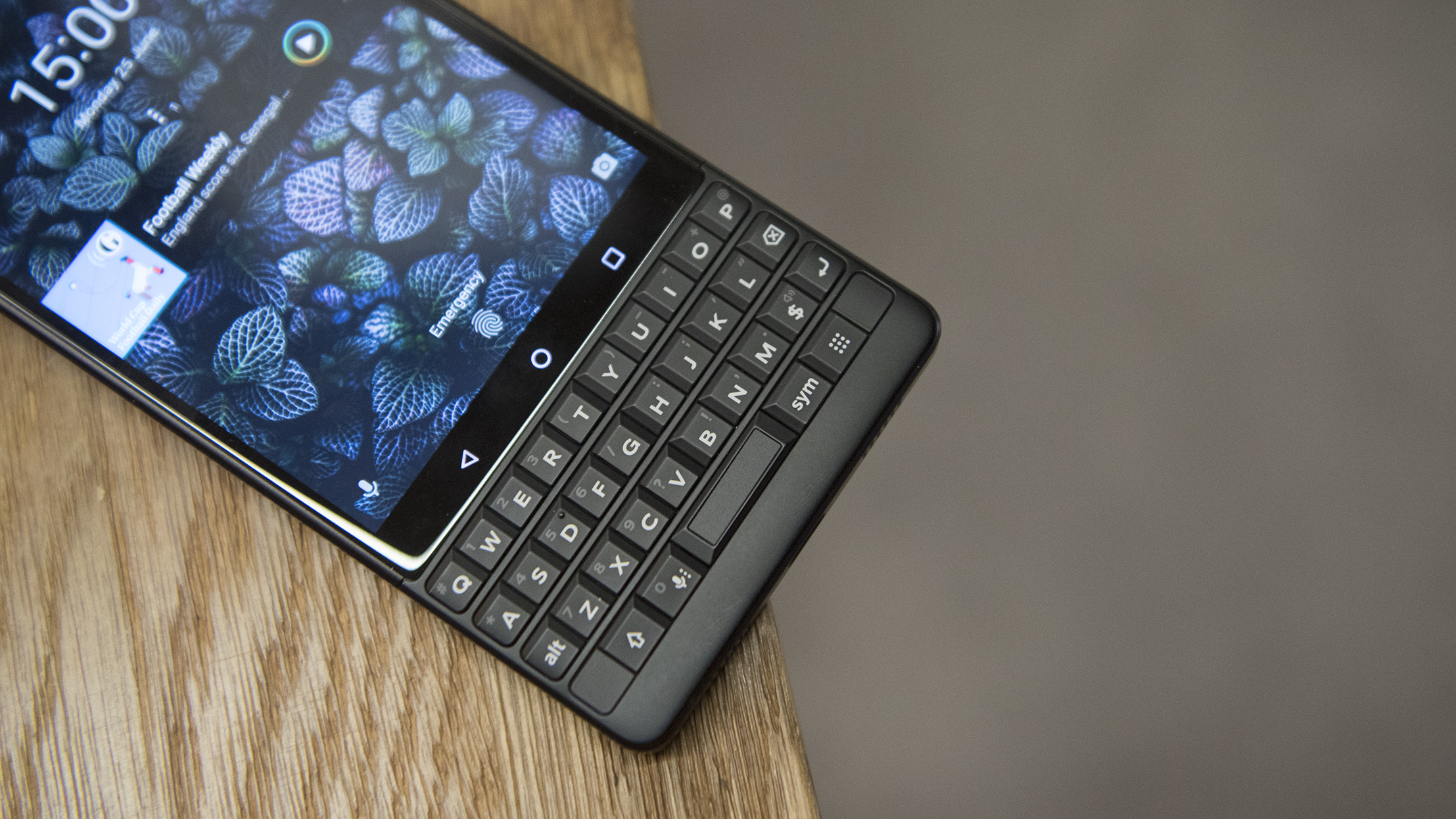 BlackBerry Key2 review: The best physical keyboard no one asked for
BlackBerry Key2 review: The best physical keyboard no one asked forReviews Despite the improvements, the flaws of BlackBerry’s Key range are still front and centre